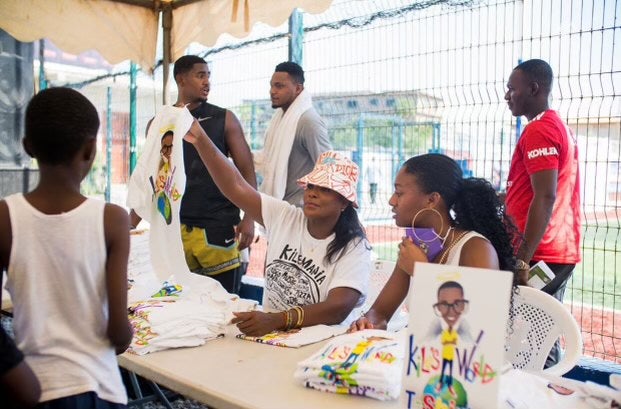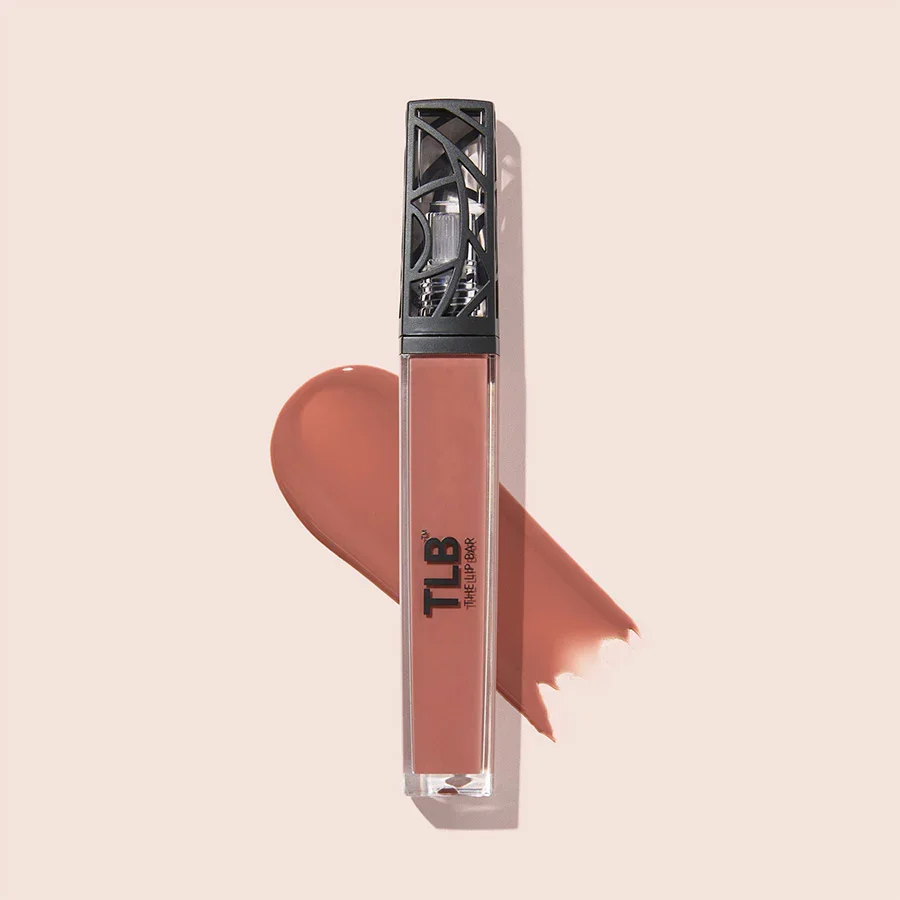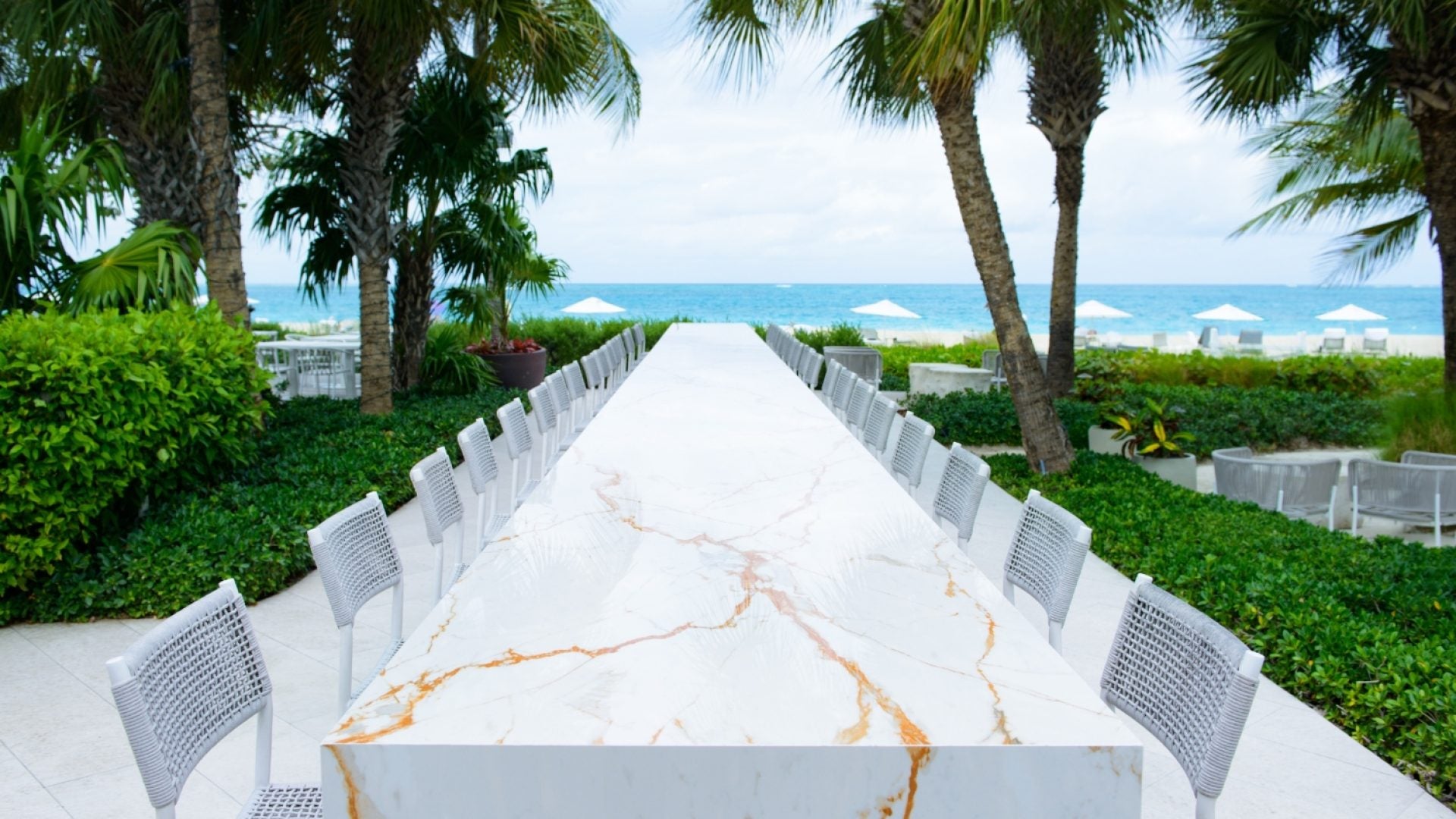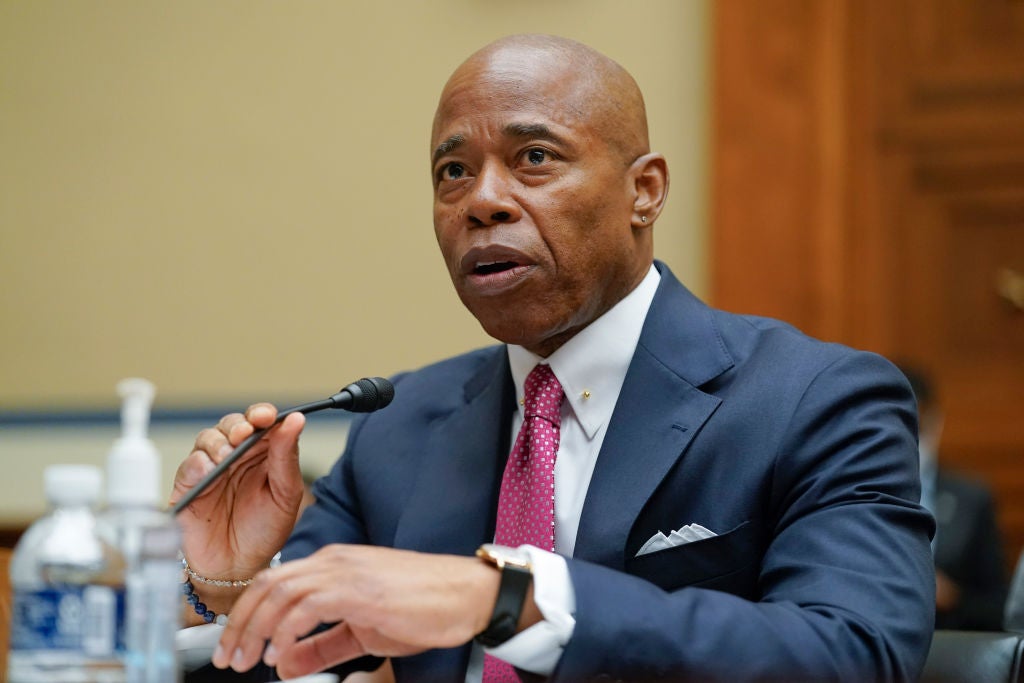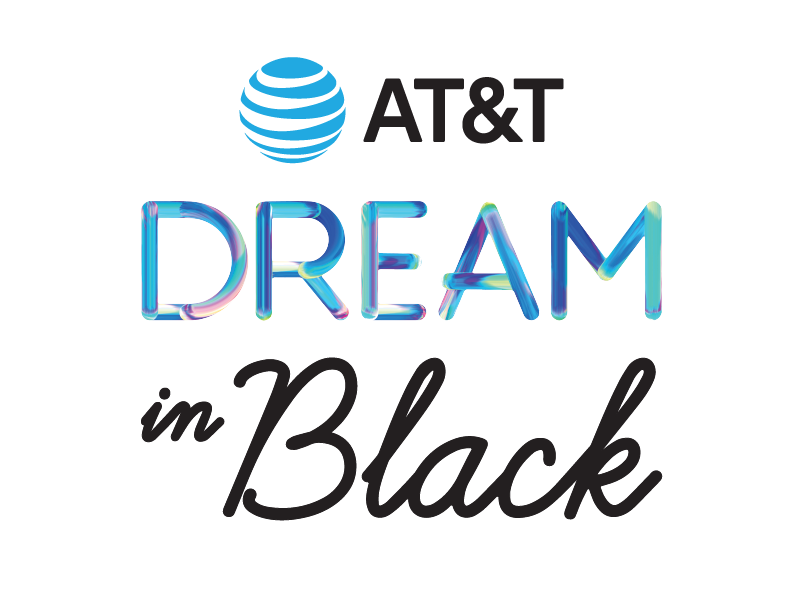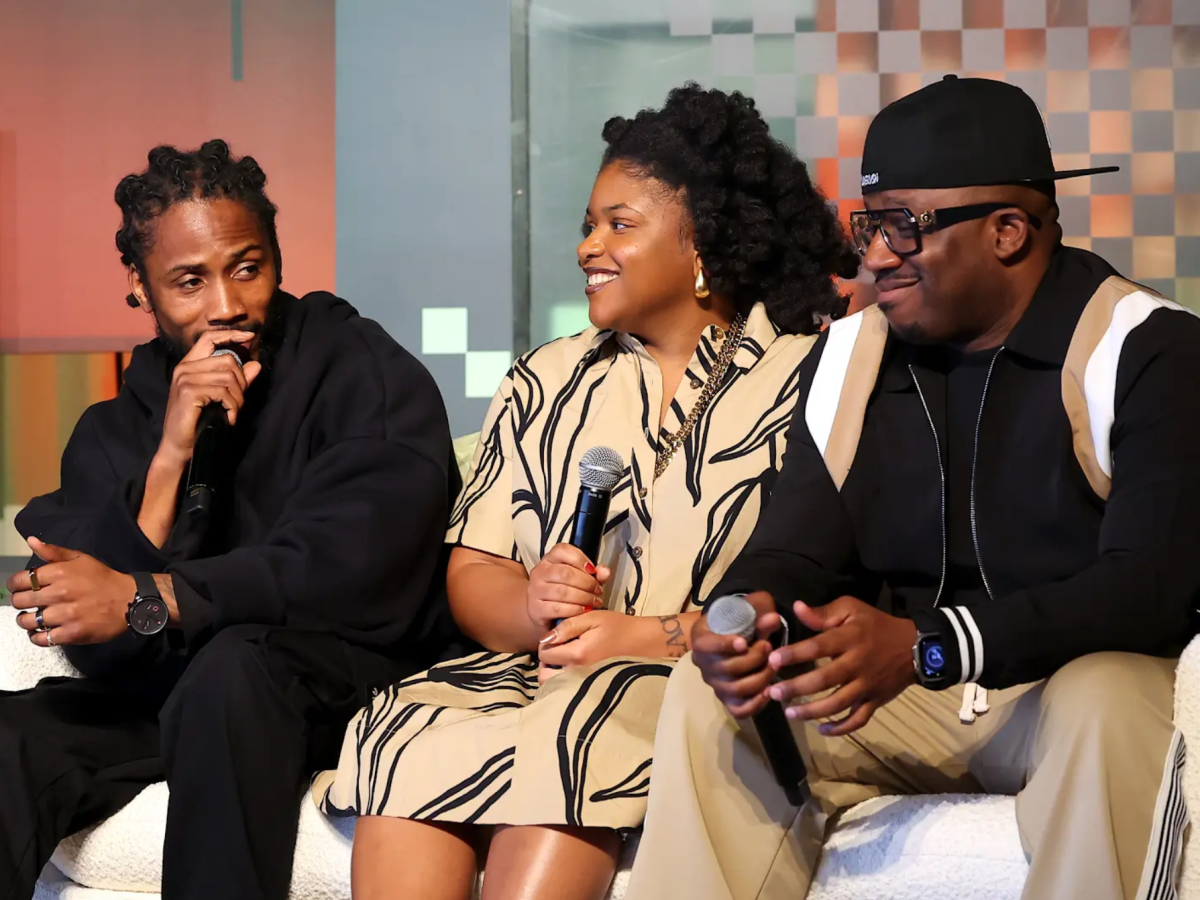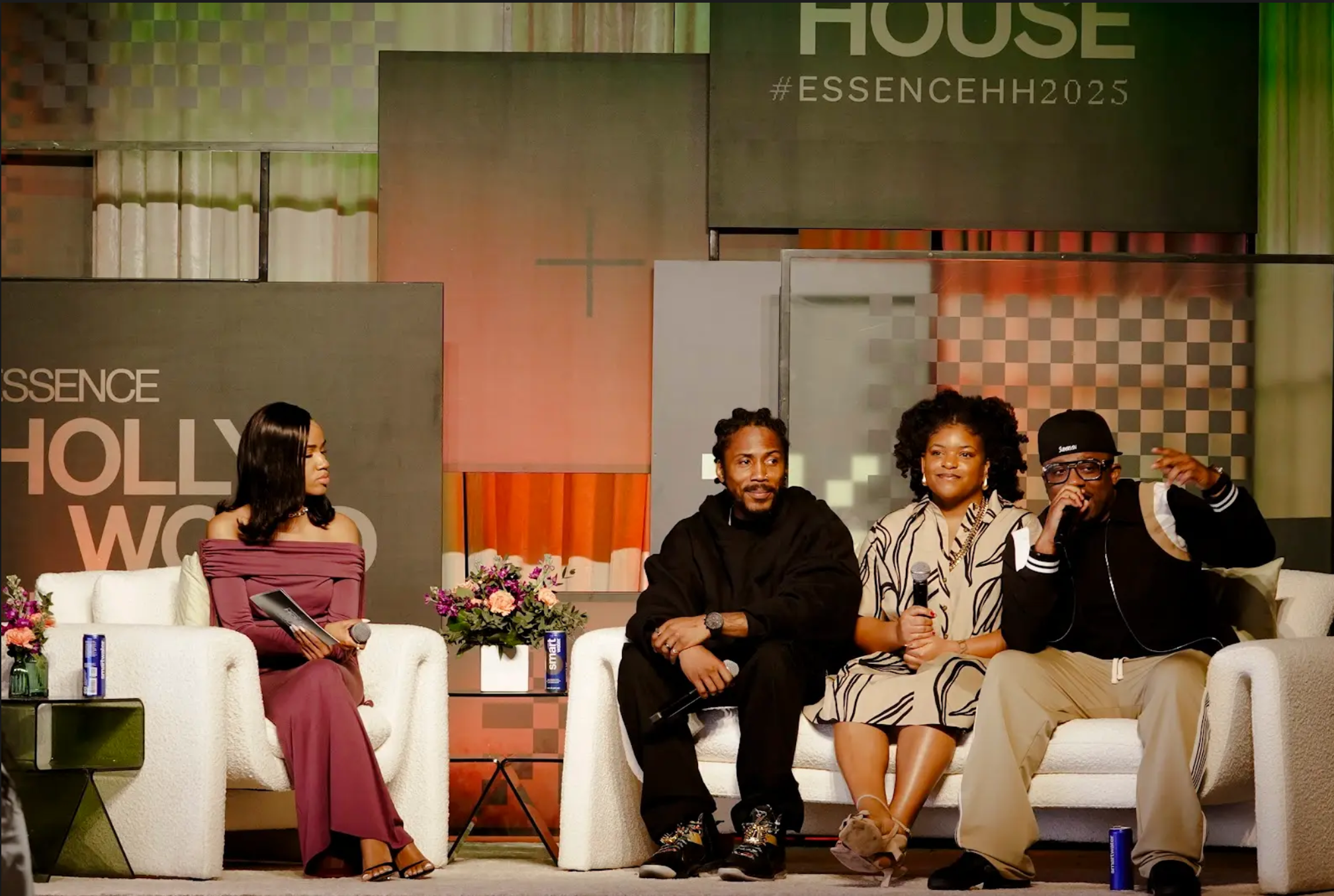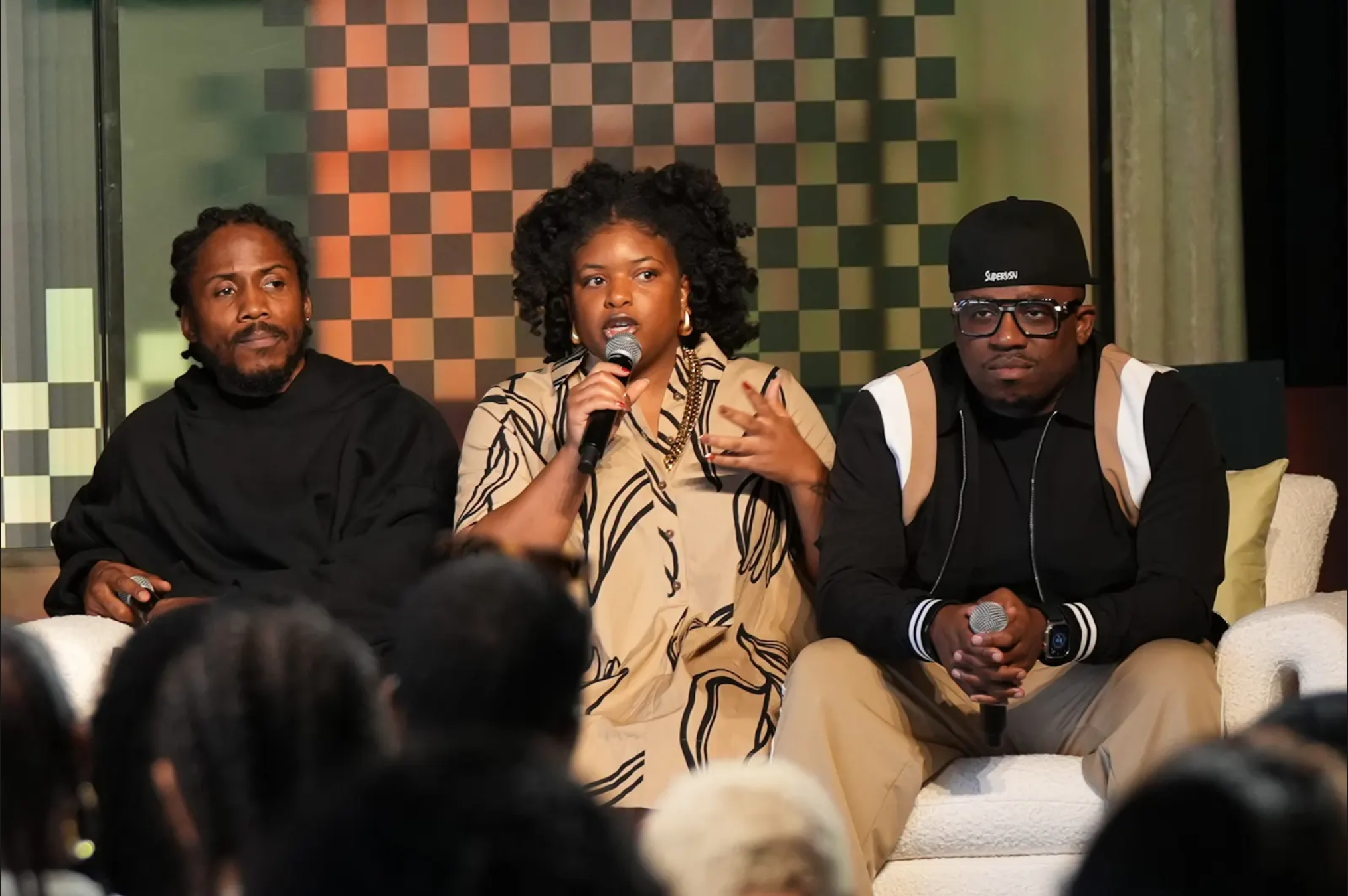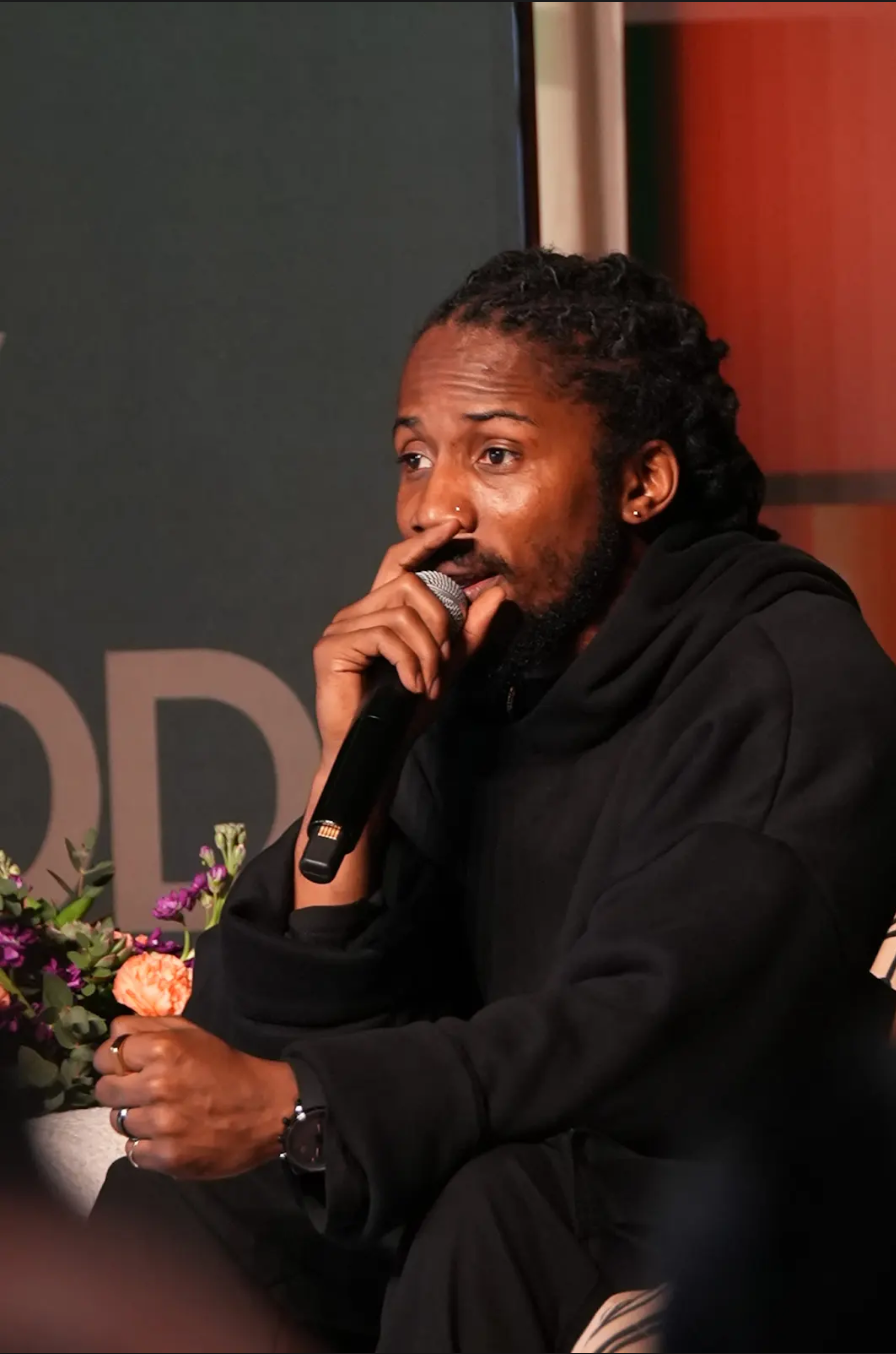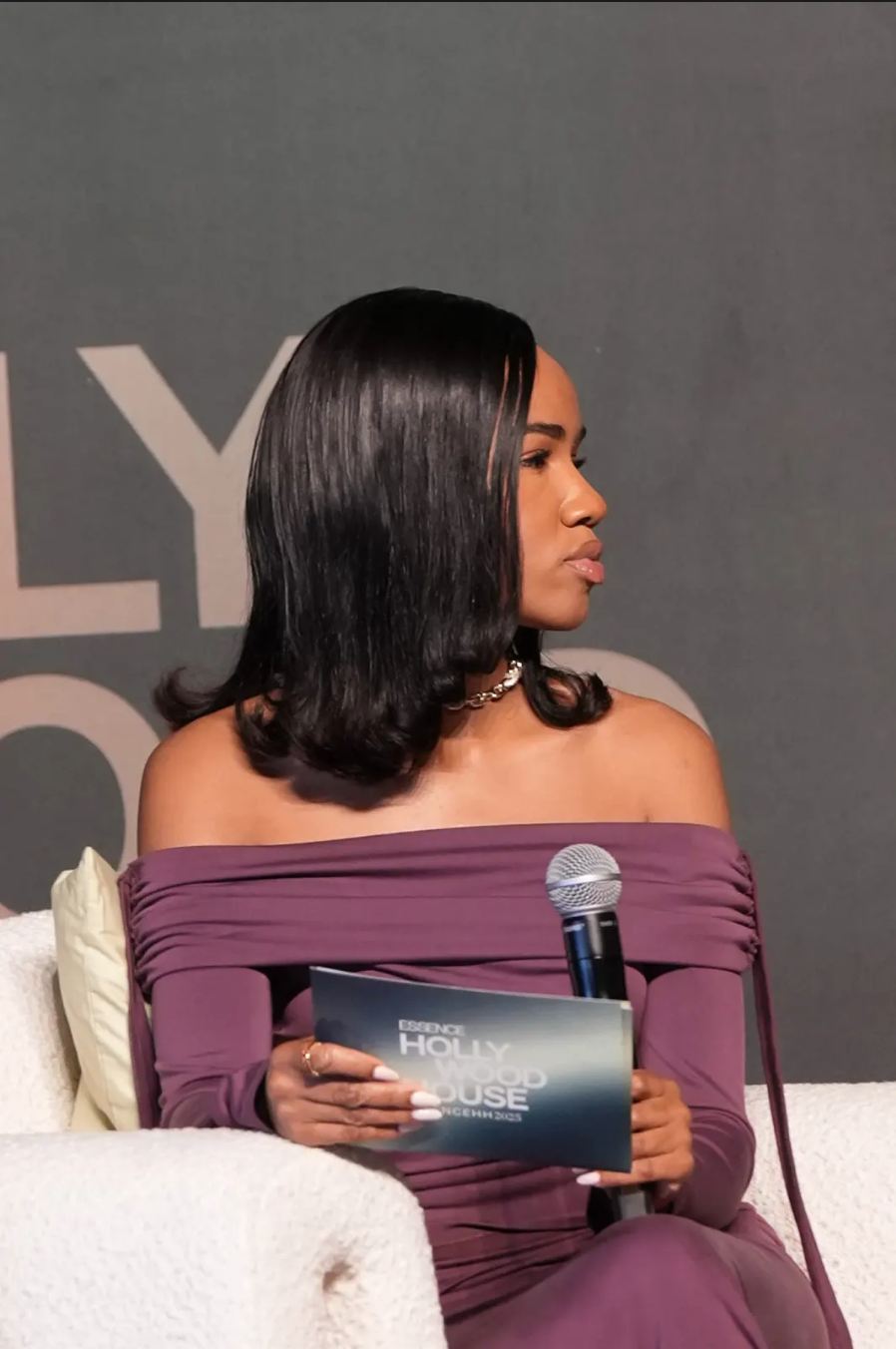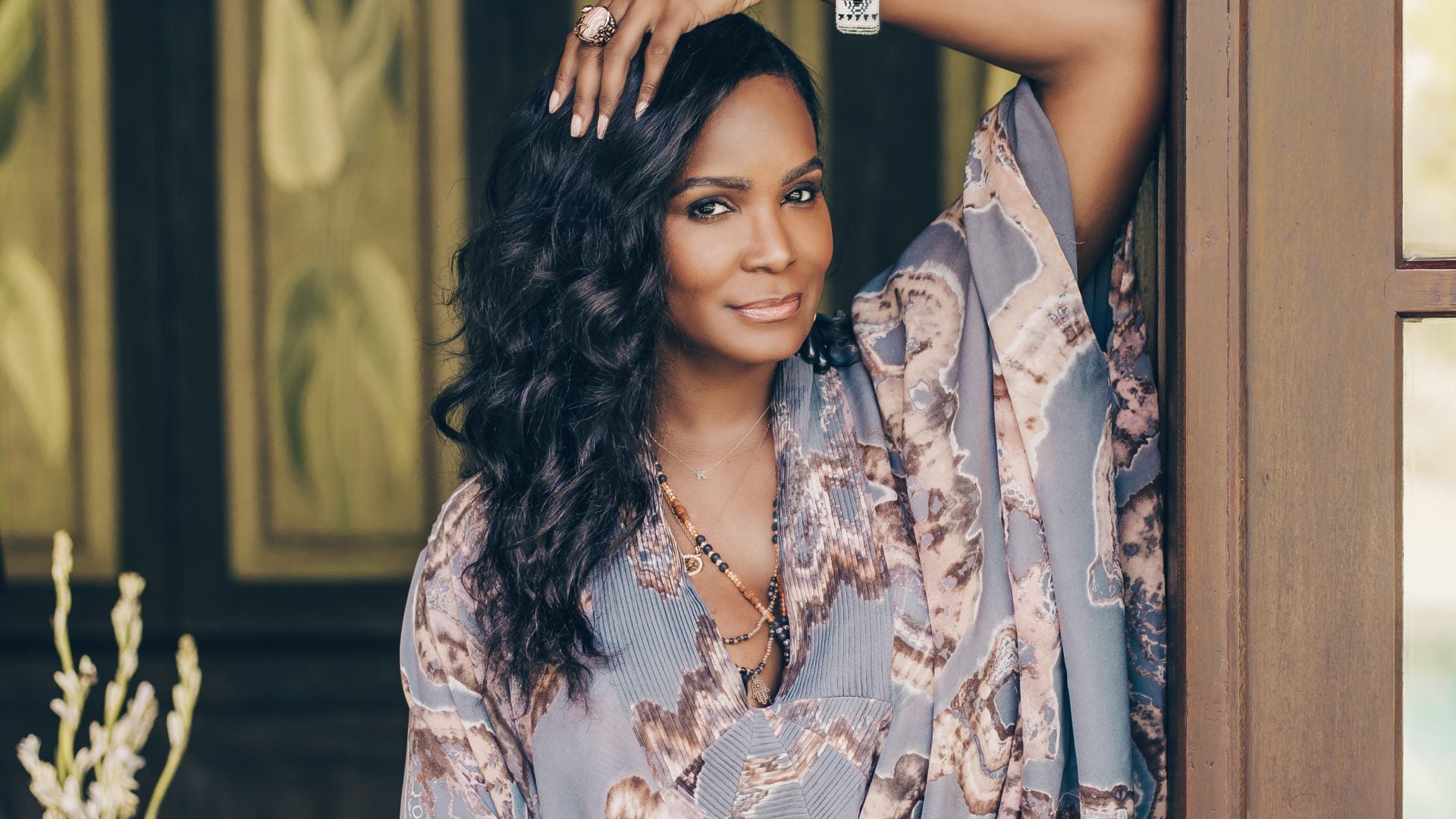
Tameka Foster Raymond knows the chronic pain of heartbreak far too well. She’s experienced something no mother should ever have to—the untimely death of a child. In 2012, Foster Raymond’s son, Kile Glover, was tragically killed when a jet-ski collided with the inner tube he was riding on during a family vacation on Lake Lanier in Georgia. Two weeks after the tragic accident, Kile passed away and Foster Raymond had to do the unthinkable—say goodbye and bury her 11-year-old son.
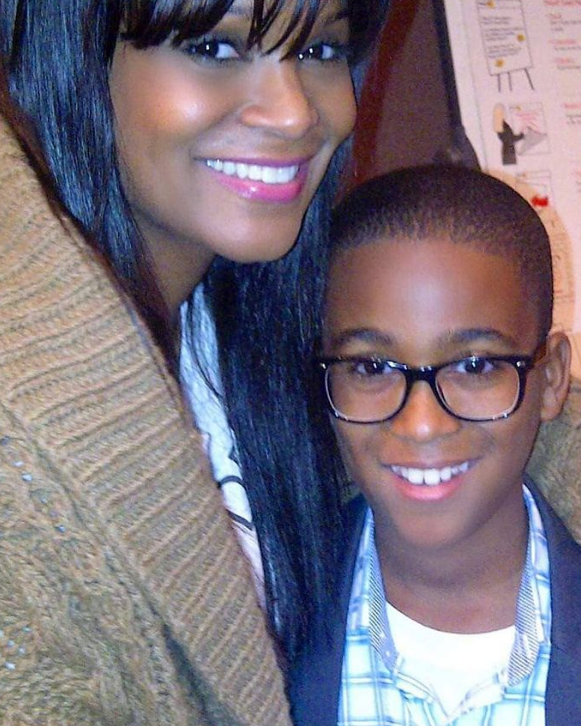
She was in the middle of a tense custody battle with her ex-husband, singer Usher Raymond, at the time her son died, and she recalls it being a dark time in her life. How we grow from loss and pain helps to shape who we become after the clouds have passed, and our stories of survival can often help to inspire others who are suffering from similar losses pick themselves up and do the same. In Foster Raymond’s new memoir, Here I Stand, available for pre-order now, the celebrity stylist is telling her story for the first time and opening up about the more intimate details of her own personal healing journey and lessons learned.
ESSENCE recently sat down with Foster Raymond, who since Kile’s passing has devoted her time to the non-profit she launched to honor his memory, Kiles World Foundation, which aims to offer enrichment for children ranging from ages 10‐17. “My son was one of the sweetest people,” says Foster Raymond. “He had a gentle spirit. When I think of him, I know people say that there are angels on Earth, and I really believe that I gave birth to an angel. His spirit and his personality? They were just so soft and gentle. I believe that he came to bless our lives and his time was just really, really limited.”
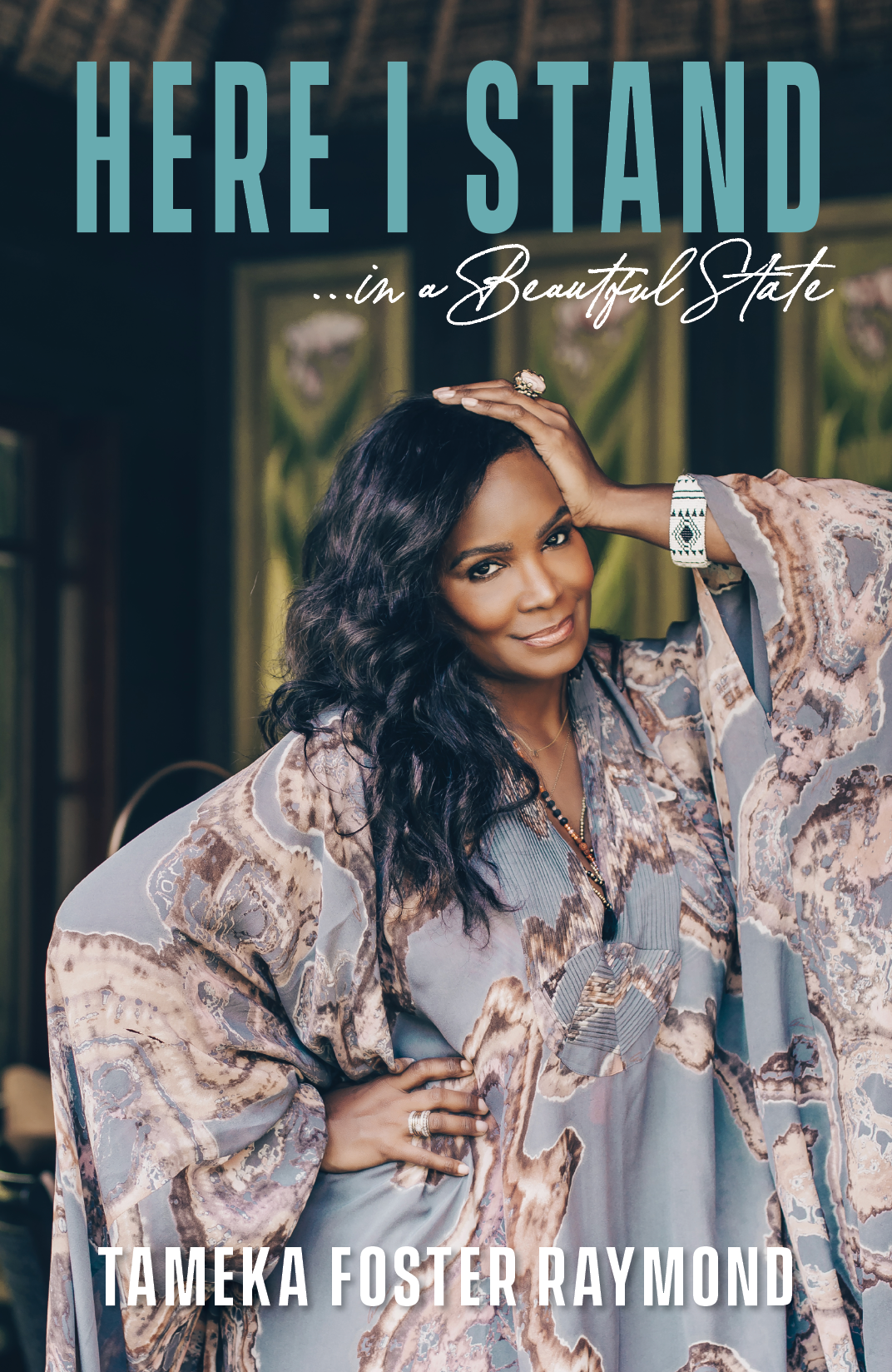
Foster Raymond opened up about how she’s doing now, nearly a decade after losing Kile, and how she was able to pick up the pieces and move forward, with hope.
ESSENCE: You had to grieve for your son publicly because the story made national news. How did you get through that? How did you cope?
Foster Raymond: I had a therapist for a while, but honestly, I found that my therapist would just be asking me questions like, ‘Well, how do you feel?,’ And I was like, ‘I’m freaking sad. I want to die. What do you mean how do I feel? I feel awful.” So, it took a lot of just me getting quiet. Not even talking to the therapist anymore. Not talking to my friends about it. I had to get still and really just put my mind around it, like, okay, why did this happen? How did this happen? The only thing that got me through is realizing that our lives are pretty much predestined. I believe that our lives are—our days are—you know, when we’re born, we already have an expiration date, unfortunately. I think God already has a master plan. He holds the keys. My son had lived his time, unfortunately. I think that’s it. That’s the only way that, you know, I can justify, um, something so egregious happening. The decision wasn’t mine.
How did you put yourself back together and get back up—I imagine it was overwhelming for you?
Yeah, I definitely laid down, for sure. I had to take a moment away. I had to kind of regroup. I hid out because it was so public. You know, I would read comments—which is something you should never do—but I would read comments that would say, “I saw her. She doesn’t look sad.” What does sad look like? How dare you quantify my pain based on what I look like. I’m past sad. I’m actually gutted. I’m actually dead, really. I had to sit still and I began to write.
What have you learned about yourself in your healing and grieving process?
I learned that I’m stronger than I thought. Nothing could have ever prepared me for the cards that I’ve been dealt. I still have times where I fall apart and that’s okay. People on social media feel like they know you, and they think they know the ins and outs of your life and how you feel but they only see a fraction of what you’re going through—only what you show them.
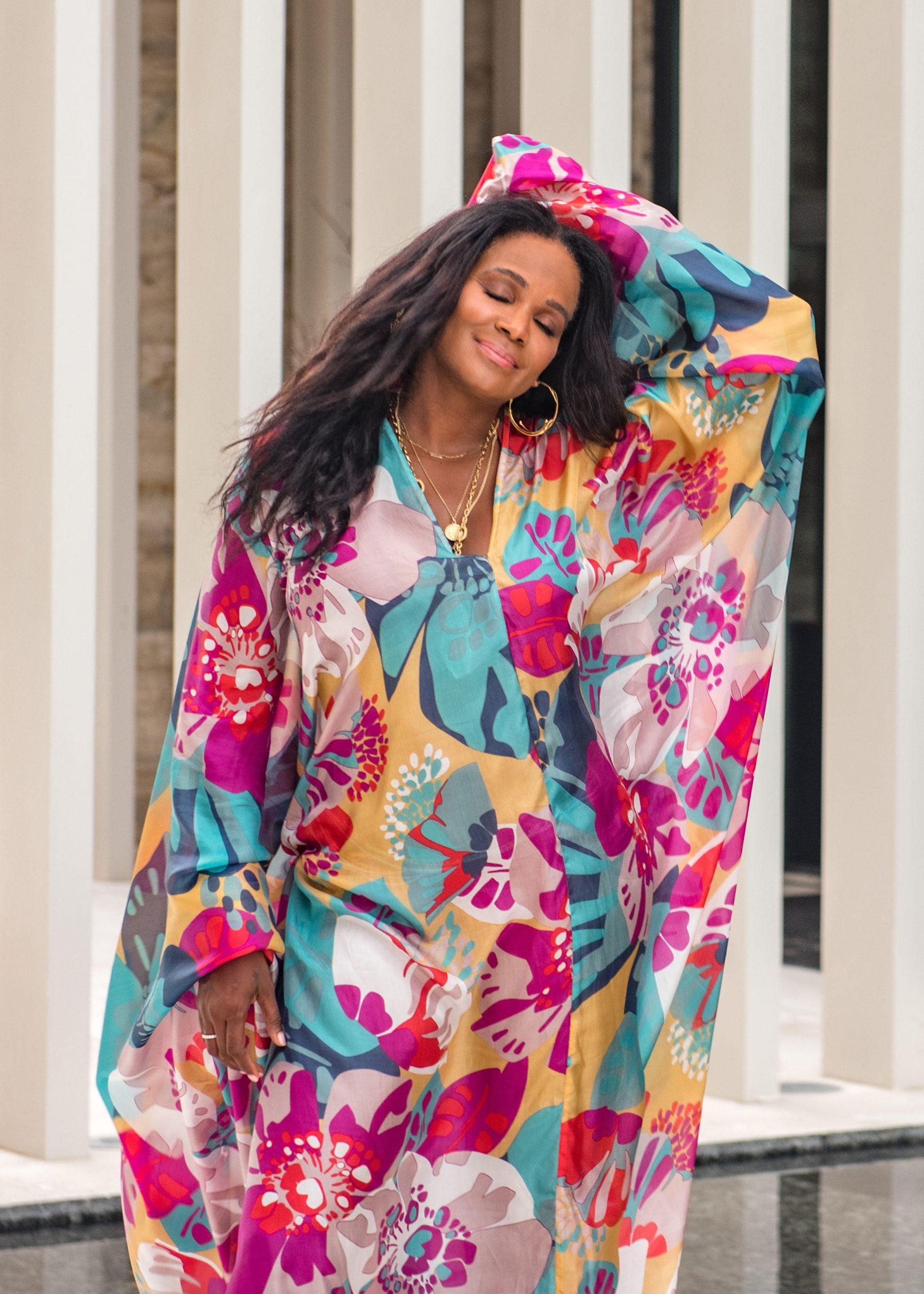
Back then, your personal life was often talked about negatively in the media and in the comments on blog and news websites. How did you block out that noise and fortify yourself along your healing journey?
I come from a strong lineage of really strong women. I’ve always had a big personality. I’ve always been a very confident Black girl, you know. When I was young, I would enter rooms, I would never be timid or never be the person to hide in the corner. I definitely blocked it out. And I definitely realized that hurt people hurt people.
Have you been able to forgive Jeffrey Hubbard (the family friend who struck Kile with his jet ski)?
I forgive him. I forgave him a long time ago because I know that it wasn’t intentional. The accident wasn’t intentional. It was exactly that—it was an accident. He went to jail for it, just for the negligence. I forgive him because I think he’s suffering [too] and I think he’s suffering enough.
What you would say to any mother out there who recently lost a child, and who’s still struggling? What would you say from your heart to hers?
I would say that you owe it to your child or your loved one to keep going and to persevere. Because if you dwindle, and you cower into a corner, and just die, then you’re letting their legacy and all your love for them die too. You have to live big, live bigger than you ever could. I definitely have to keep pushing and praying in honor of Kile.
How has your relationship with your other four boys changed since Kile’s death?
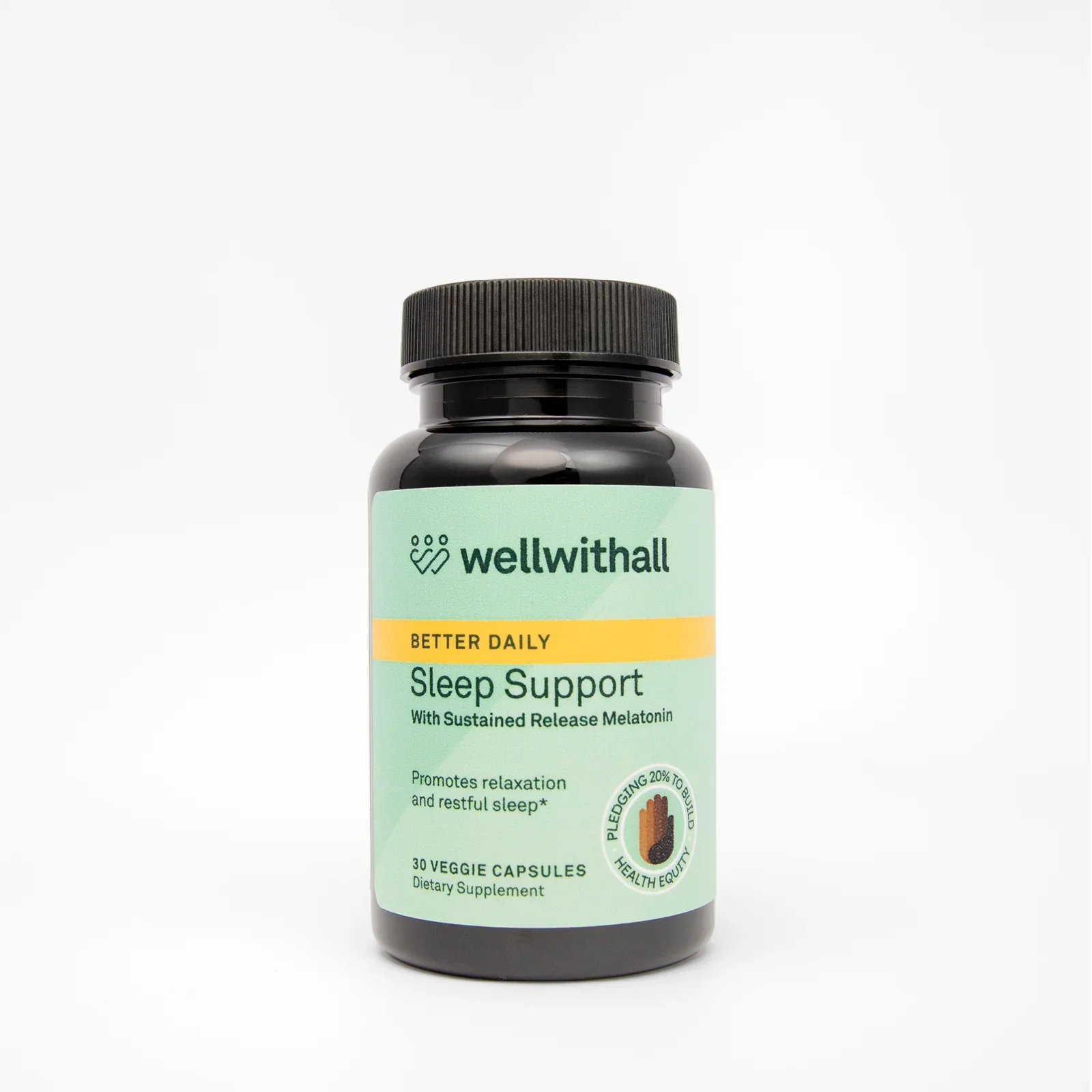
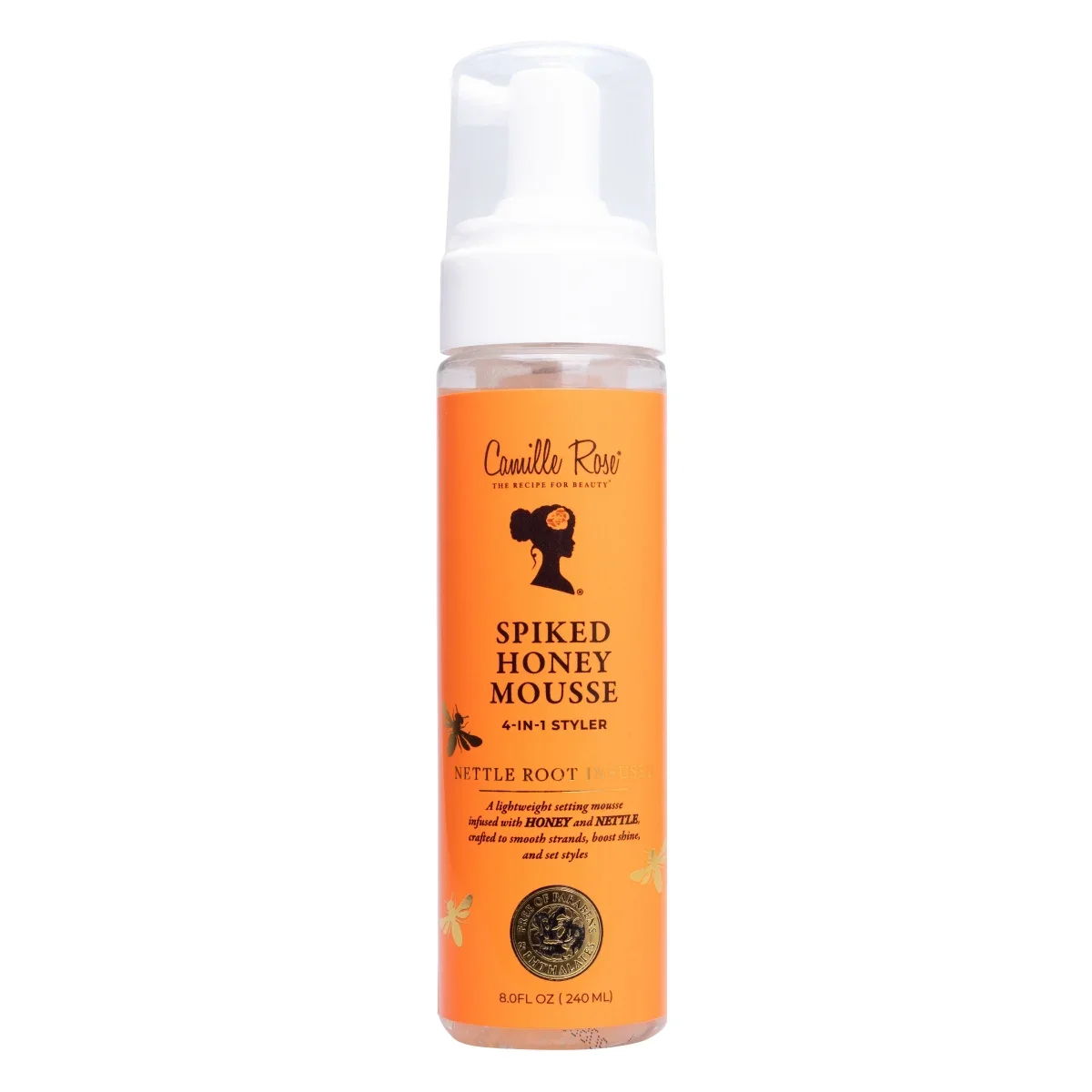
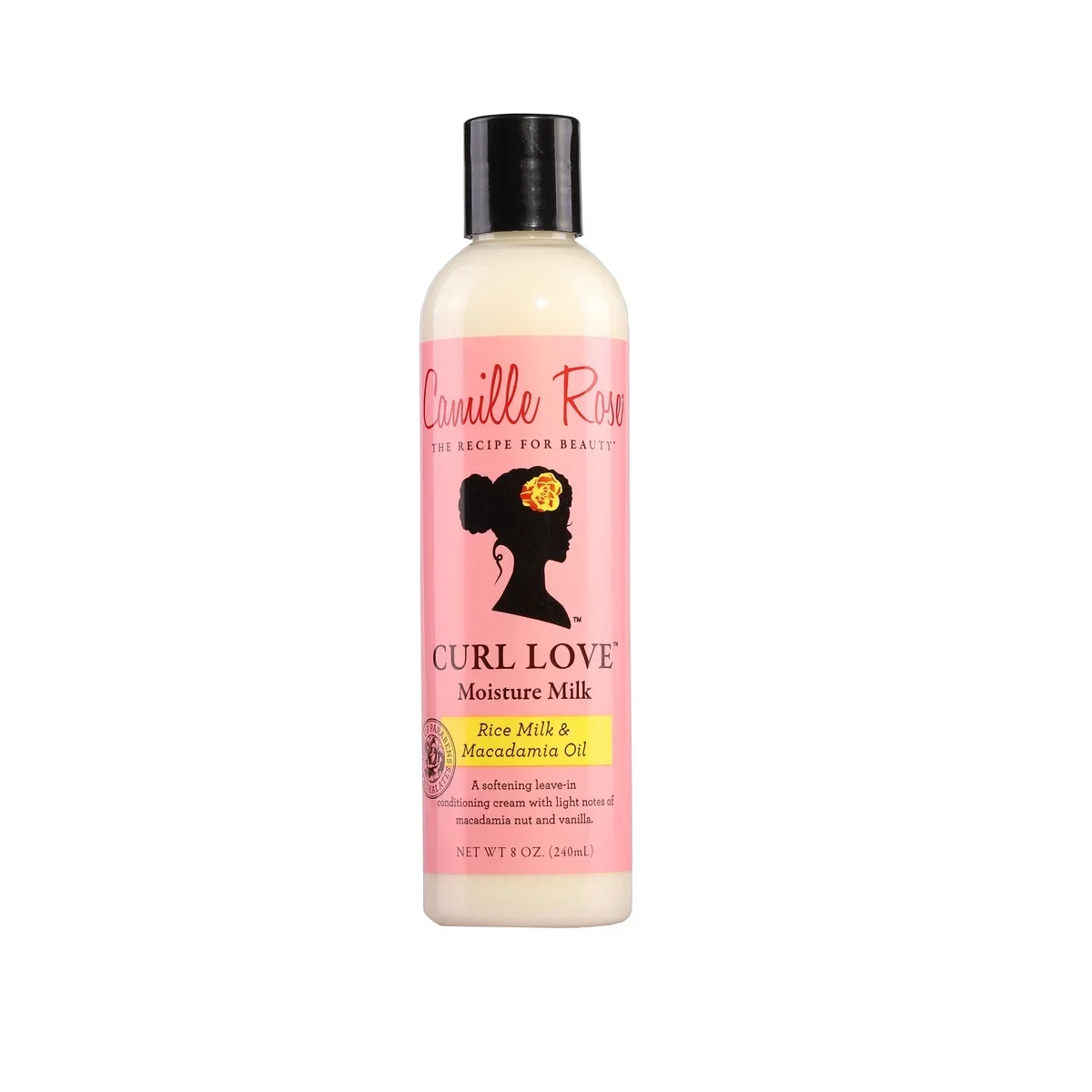
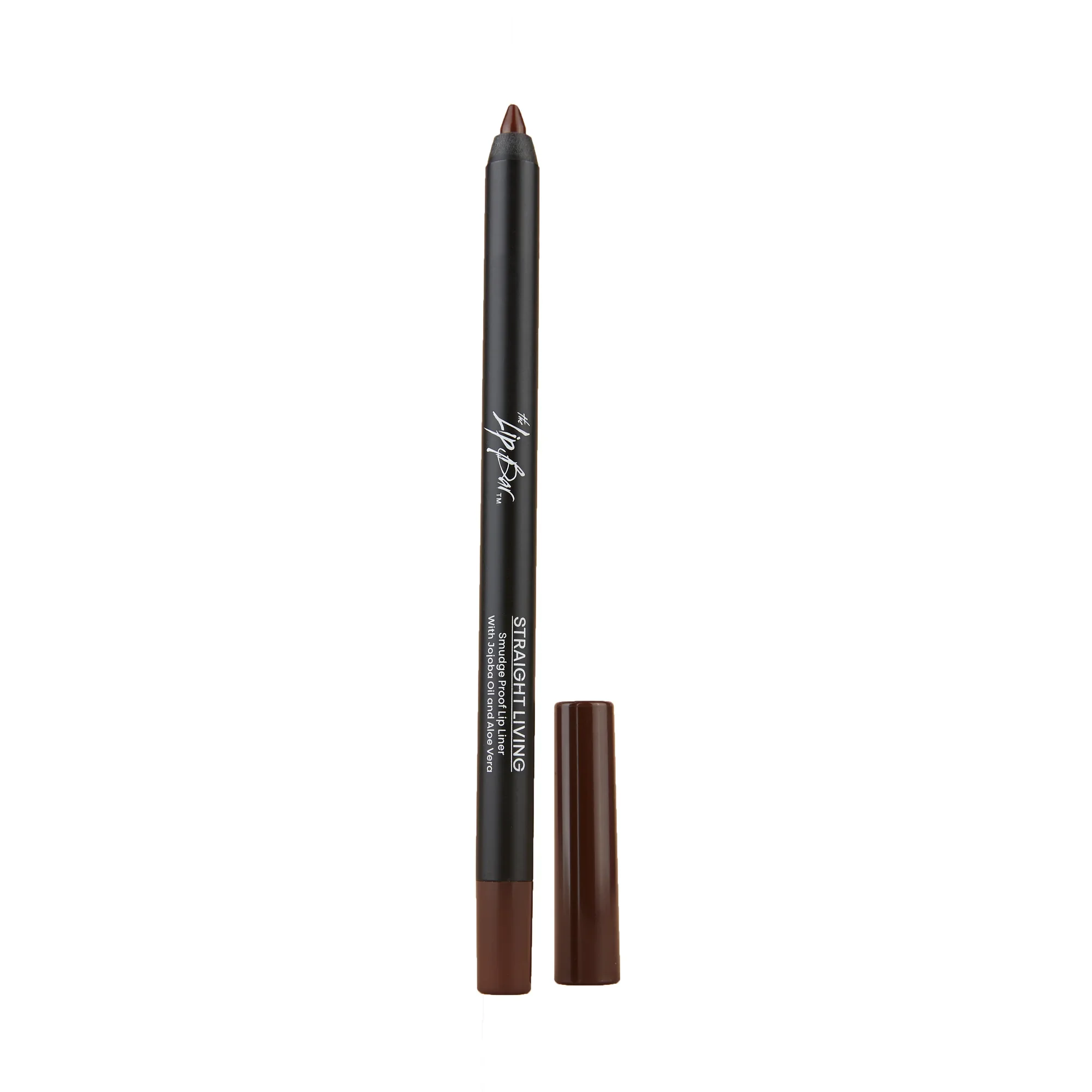
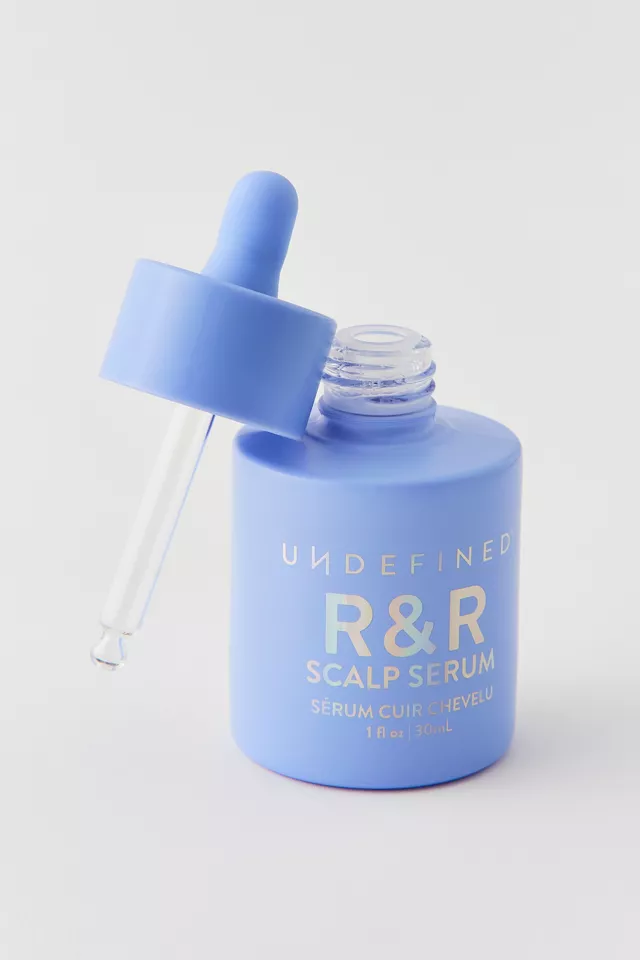
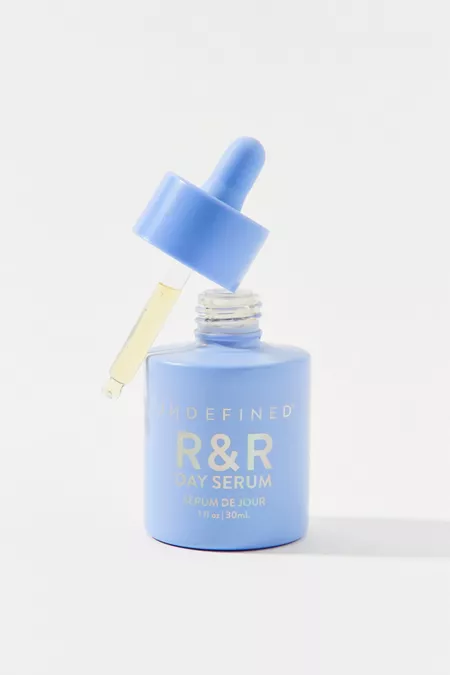
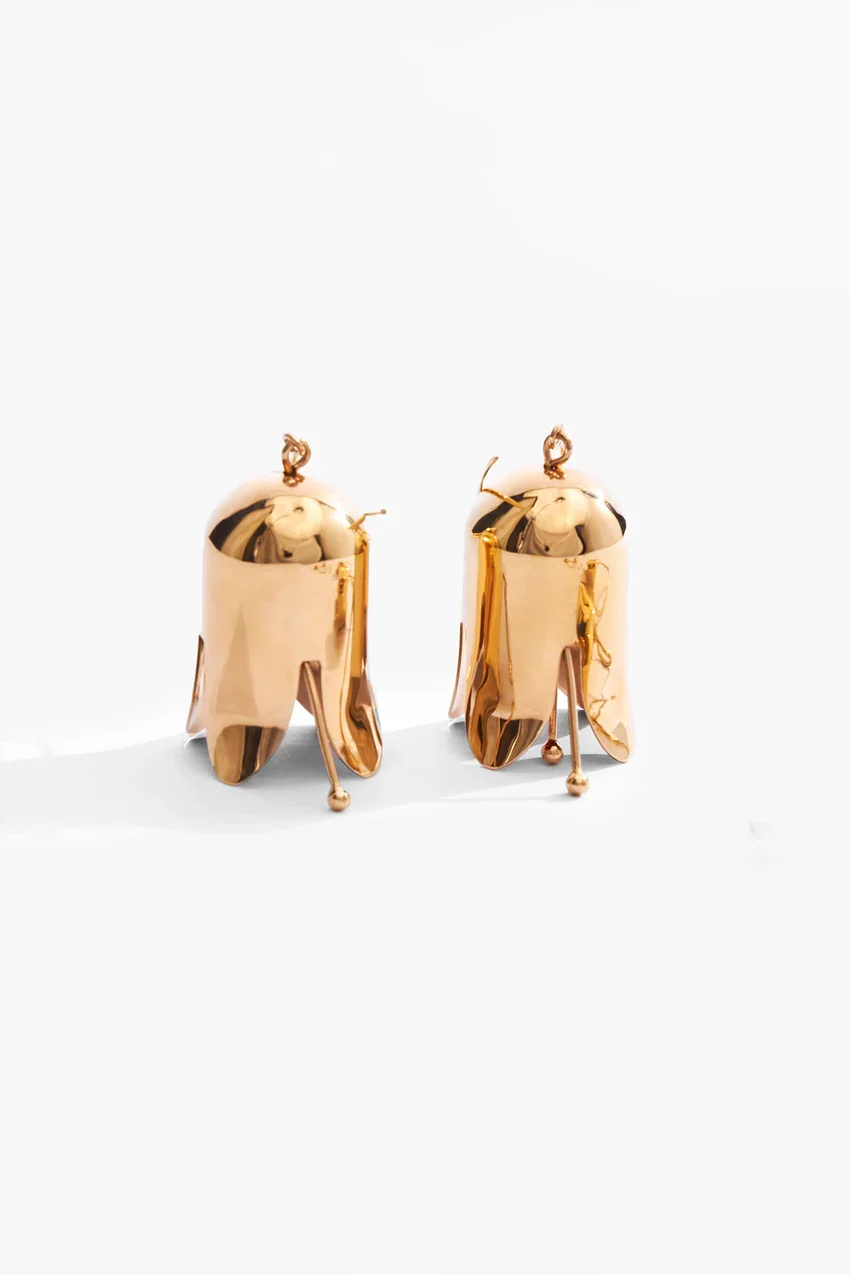
I definitely hold my kids tighter. I definitely value some of the little things that probably some parents would be, like, ‘Why are you listening to your kids sing that song 15 times?’ I have, I think, a better understanding and a deeper level of patience, you know, when it comes to time with them. I cherish the moments even more. I feel that life is really fleeting.
Why did you decide to write and release your memoir now?
I’m kind of making it a bit of a holy grail or a Bible for my children because, you know, I don’t ever want any other person’s version of who I am to be the only account that my kids have. I didn’t cover every part of my life but I think I covered enough for them to kind of get a vision of how I thought and to kind of hear my voice through the words. So they can better understand my mentality once they read the book. [Writing this book] was so liberating. Honestly, it was very cathartic. It made me self-reflect and I’ve taken ownership for some things. I’m like, “Man, maybe you did say that wrong, or you could have handled that differently,” you know? When you start writing about [your life], you start to see other people’s perspectives when you’re remembering everything, and you’re like, “Wait a minute!” (laughs)
